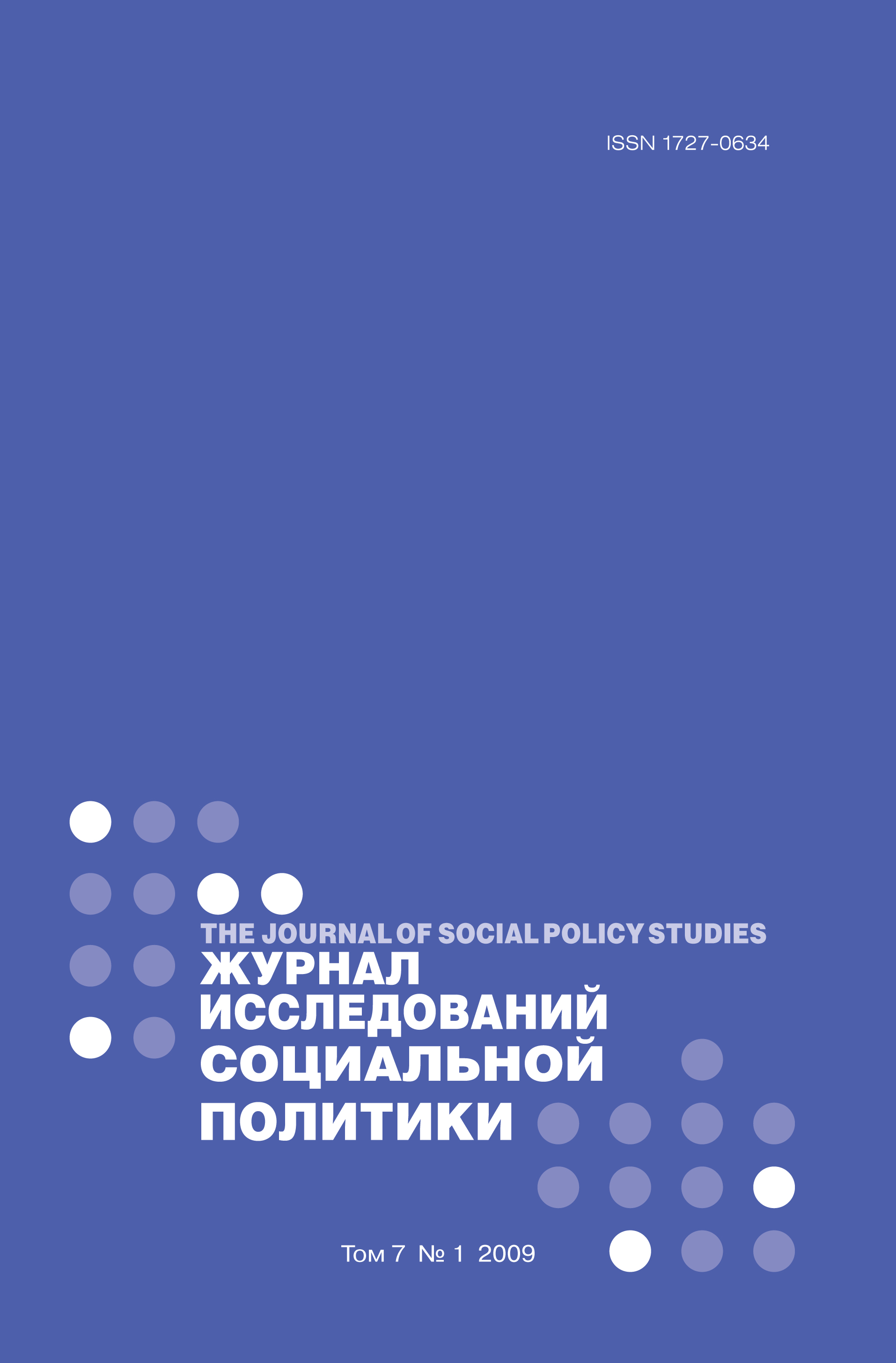The Methodological Challenges of Cross-National Research: A Comparison of Cultural Policy in Britain and Italy
Abstract
Comparative studies of National cultural policies remain a relatively new field and an academic discipline in search of maturity and definition. In an increasingly inter-linked world of transnational connections and regional integration, the study of common problems in cultural policies has gained more and more relevance for all. This article concerns the need for an overhaul in methodology, due to key methodological issues facing cross-national comparisons and the need for a new framework to approach its study. Overreliance on quantitative data from different countries, which has not been collected or collated in consistent ways, has negatively affected the quality of research in this area. The aim of this argument is to encourage a new methodological approach to studying the question by breaking free of the constraints of quantitative data. Firstly, this is done by a detailed review of the limited nature of previous research and the need for new directions. Secondly, conclusions are put forward from a detailed case study of Britain and Italy on how to develop a more acceptable and holistic approach to research on the question of cultural policy. The results show that, while specific differences between the UK and Italy make comparison challenging, there is potential for an interdisciplinary approach linking the legal, political and administrative aspects of the question. This also would require a struggle against the ‘partisanship’ seen in many articles, whereby researchers merely meet the requirements of political benefactors in cultural policy rather than approach the field with intellectual rigour and integrity. These conclusions are, in part, inspired by the achievements of other areas in the social sciences and the study of public policy, which has already achieved theoretical conceptualisation and improved research methodology. In a sense, there is a call for more work to interpret phenomena than merely describe them, moving toward new conceptualisation, which can only be of benefit to the discipline of cross-national comparisons of cultural policy.















